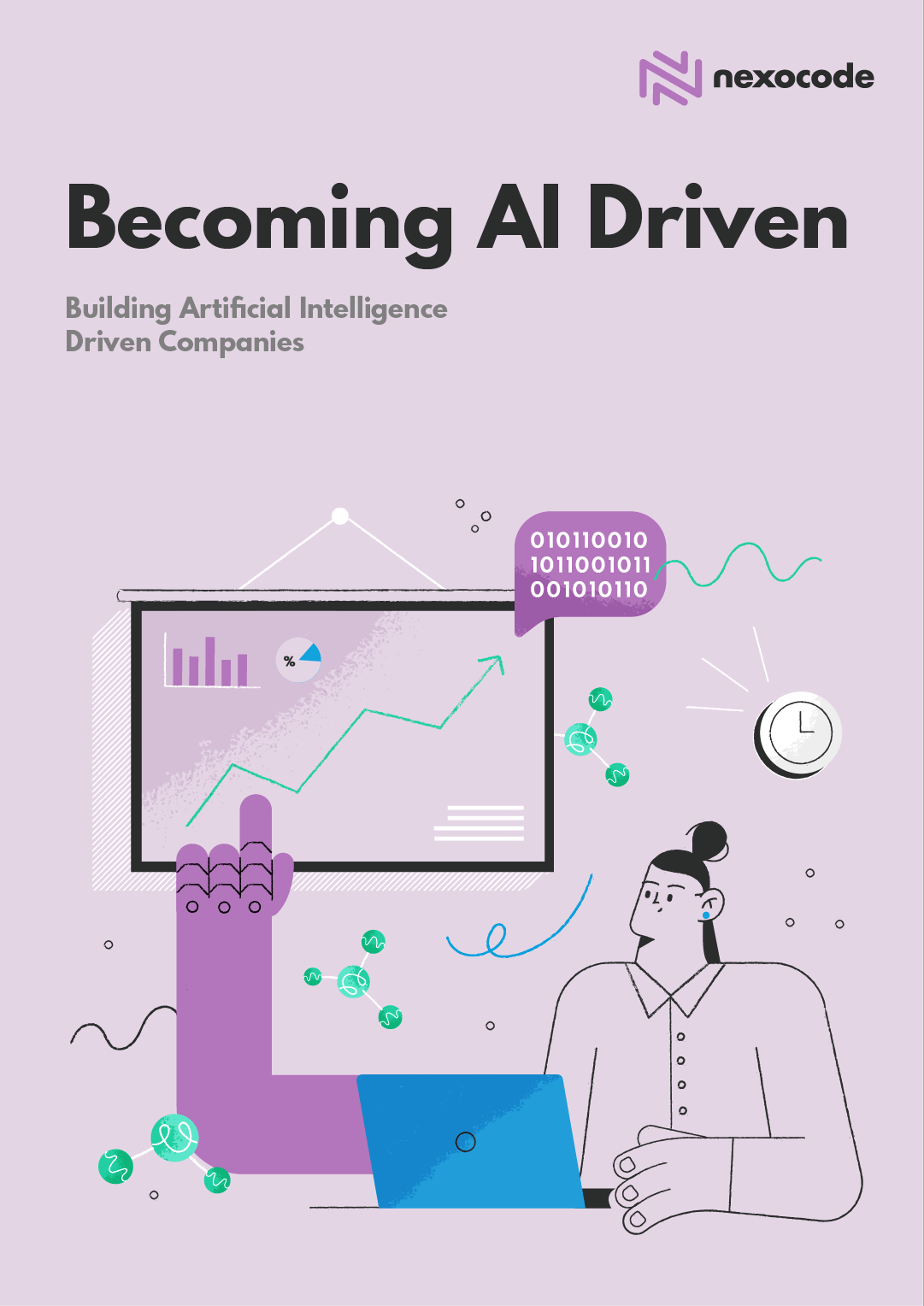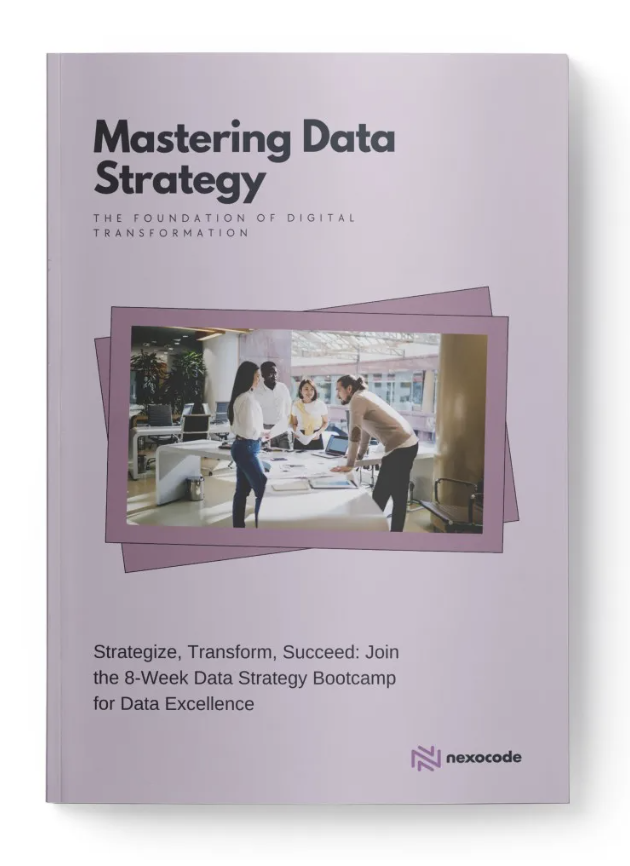How do you transform a deluge of complex documents into actionable insights in an organization where data is as vast as it is varied? Can modern enterprises truly harness the full potential of their unstructured data? These questions lie at the heart of the challenge faced by large organizations in today’s digital-first world. In an environment where the volume and complexity of data can be overwhelming, the mastery of information extraction becomes not just an advantage, but a necessity. This article delves deep into the world of information retrieval systems and intelligent document processing, tackling the intricacies of extracting meaningful data from an array of document types, from dense financial reports to detailed manufacturing records.
The surge in digital communication, coupled with the relentless growth of unstructured data, poses a unique set of challenges. How do organizations efficiently parse through a myriad of documents, from emails and PDFs to social media posts and beyond, to extract pertinent information? This task is not just about handling the sheer volume of data but also about understanding the nuances and contexts embedded within it.
The landscape of information extraction is ever-evolving, driven by the need to not only gather data but to convert it into meaningful insights. For businesses, this means navigating through a maze of complex documents, each with its own format, style, and jargon. The pressure to maintain accuracy and speed in data extraction is compounded by the necessity to stay compliant with ever-tightening data privacy regulations.
As we dive into the realm of intelligent document processing and advanced information retrieval systems, we begin to unravel the solutions that address these challenges. The journey towards mastering information extraction is a path lined with innovative technologies and strategic methodologies. It’s a journey that transforms a potential data overload into a strategic asset, driving decision-making, operational efficiency, and competitive advantage.
Unveiling the Power of Intelligent Document Processing
At the base of information retrieval, intelligent document processing stands as a prime business use case. By harnessing advanced machine learning algorithms and optical character recognition (OCR), these systems can parse through large volumes of unstructured and structured documents, transforming them into a goldmine of accessible and actionable data. The essence of intelligent document processing lies in its ability to understand and organize information, significantly reducing the need for manual data entry and enhancing data accuracy.
At the core of any effective information retrieval system are robust data structures. These structures are designed to uniquely identify and efficiently organize extracted data, making it readily accessible for further processing. From the complex vector space models to the intricate web of semantic indexing, these data structures are pivotal in the way information is stored, retrieved, and utilized, ensuring that users can extract relevant information swiftly and accurately.
Advancements in information retrieval have paved the way for a plethora of applications, significantly impacting how businesses interact with data.
Advanced Semantic Search Engines
Beyond traditional search engines, semantic search delves into understanding the intent and contextual meaning behind user queries, providing more relevant and precise search results. Semantic search engines, using the power of natural language processing (NLP) and information retrieval models, go beyond mere keyword matching. They delve into the semantics – the intent and contextual meaning – behind user queries. This approach allows for more nuanced and relevant search results, making semantic search engines invaluable tools for businesses that need to process large volumes of web resources and retrieve the most pertinent information. They can uniquely identify relevant documents, reducing the time and effort required to find valuable data.
Chatbots
The integration of chatbots into customer service is a testament to the practical application of information retrieval systems. The same approach can be applied to knowledge management within an organization. By leveraging advanced NLP and retrieval models, chatbots can interpret and respond to user interaction in real-time. They’re not just scripted responders but intelligent agents capable of providing personalized answers to inquiries, drawing from vast databases of structured and unstructured data. This technology enhances user experience, offering instant assistance and reducing reliance on manual customer service processes.
Question Answering
Question answering systems represent another significant application of information retrieval techniques. These systems excel in sourcing accurate, concise answers to specific user queries from an expansive array of document types and repositories. By employing techniques like query vector analysis and relevance feedback, they can pinpoint the most relevant information from a sea of data, providing users with quick and reliable responses. This capability is especially crucial in fields like legal and healthcare, where precision and accuracy in information retrieval are paramount.
Document Summarization
In an age where information overload is a constant challenge, document summarization emerges as a critical tool. Utilizing information retrieval techniques, this technology can extract essential textual information from a variety of document types - from legal documents to financial statements - and condense them into concise, digestible summaries. This process not only saves significant time for users but also aids in better comprehension and decision-making, allowing for quick absorption of key points from extensive document repositories.
As pivotal as information extraction technologies are, they come with their own set of challenges. Addressing these is crucial for businesses to effectively leverage their data.
Handling Unstructured Data
One of the most significant hurdles is managing unstructured data, which forms a large part of organizational data pools. From emails to social media posts, unstructured documents contain valuable information but lack a predefined format, making extraction complex.
Volume and Variety of Data
The sheer volume and variety of data that enterprises handle today are overwhelming. Businesses must process and extract information from a diverse array of document types and sources, each requiring different handling techniques.
Quality and Accuracy of Extracted Data
The quality and accuracy of the extracted data are paramount. Inaccurate or incomplete data extraction can lead to misguided decisions and operational inefficiencies, underscoring the need for reliable extraction tools and techniques.
Language and Semantic Understanding
Understanding the language and semantics in documents, especially those with industry-specific jargon or complex linguistic structures, is a challenge. Effective extraction relies on systems capable of deep semantic understanding.
Ranking Results in Semantic Search
In semantic search, accurately ranking the results to ensure the most relevant information surfaces first is a complex task. It involves understanding user intent, context, and the subtleties of language.
Maintaining Context in Extraction
Retaining the context during information extraction is crucial for the data’s relevance and usefulness. This is particularly challenging when dealing with pieces of information that are interdependent or nuanced.
Cost and Resource Intensive
Implementing and maintaining advanced information extraction systems can be resource and cost-intensive, requiring significant investment in technology and skilled personnel.
Data Privacy and Security
Ensuring data privacy and security during the extraction process is paramount, especially with the growing popularity of solutions like chatGPT. Protecting sensitive information while extracting data is a critical concern for businesses that they need to be aware of.
An innovative information retrieval system or a data extraction tool are pivotal for modern enterprises in managing and leveraging their data effectively. Let’s explore how these state-of-the-art solutions are setting new standards in data intelligence and operational efficiency.
- Large Language Models (LLMs):
- LLMs like GPT-4 and BERT have revolutionized information retrieval by providing nuanced understanding and generation of human language.
- They enhance semantic search capabilities, allowing for more accurate and context-aware retrieval of information.
- Retrieval Augmented Generation (RAGs):
- RAGs combine the capabilities of LLMs with external knowledge retrieval, offering dynamic and updated information.
- They excel in providing answers that are not just based on fixed training data but also incorporate the latest information from various external sources.
- Knowledge Graphs:
- Knowledge graphs organize and contextualize data through relationships and entities, making information retrieval more intuitive and interconnected.
- They are especially useful in complex domains where understanding relationships between different data points is crucial.
- Vector Databases:
- Vector databases, like Pinecone or Milvus, store, manage, and retrieve data in vector format, which is essential for efficient semantic search.
- They allow for quick similarity searches, enabling more accurate matching of query intent with relevant documents.
- Semantic Search Engines:
- Advanced search engines that go beyond keyword matching, using NLP and AI to understand the query’s intent and context.
- They provide more relevant and contextually appropriate search results, especially useful in enterprise settings.
- Automated Document Classification Systems:
- Utilizing machine learning algorithms to categorize and tag documents automatically, improving retrieval efficiency and accuracy.
- Optical Character Recognition (OCR) with AI Enhancement:
- Advanced OCR tools, with AI layers, for converting various types of documents into machine-readable text, even from images or handwritten notes.
- Customizable AI Bots for Information Retrieval:
- Self-hosted AI chatbots that can be customized to an organization’s specific data and retrieval needs, providing quick and efficient access to information.
- Data Extraction APIs:
- APIs that enable seamless extraction of data from various sources and formats, integrating them into enterprise systems for easy access and analysis.
The landscape of information retrieval solutions and data extraction tools has been revolutionized by pioneering systems and techniques, enabling organizations to harness the full potential of their data. These real-world success stories illustrate the transformative impact of such systems.
A key area of transformation has been in processing business documents, especially those laden with industry-specific jargon. Advanced information retrieval systems, equipped with intelligent document processing capabilities and optical character recognition, have streamlined the extraction of relevant information from these complex documents.
The revolution in business document processing through information retrieval systems is not confined to a single industry. It spans across various sectors, each with its own set of unique documents and processing requirements. Here’s a look at how different industries are transforming their internal document processing with these advanced systems:
- Financial Sector:
- Documents: Financial statements, audit reports, compliance documents.
- Processing: Automated extraction of key financial data for analysis, ensuring compliance with regulatory standards, and simplifying audit processes.
- Manufacturing Industry:
- Documents: Product specifications, manufacturing process records, quality control documents.
- Processing: Extracting technical specifications, tracking production processes, and monitoring quality control metrics from detailed manufacturing documents.
- Logistics and Supply Chain Management:
- Documents: Shipping documents, inventory management records, supplier agreements.
- Processing: Efficiently tracking shipments, managing inventory records, extracting critical terms from supplier agreements for better supply chain coordination.
- Healthcare Sector:
- Documents: Patient records, clinical trial data, research papers.
- Processing: Efficiently managing patient records, extracting key information from clinical studies, and staying updated with the latest research findings.
- Legal Industry:
- Documents: Legal briefs, case law documents, contracts.
- Processing: Parsing through legal documents to extract relevant case information, clauses in contracts, and legal precedents.
- Educational Institutions:
- Documents: Academic research, administrative records, curriculum documents.
- Processing: Organizing vast amounts of academic research, managing student records, and streamlining curriculum development processes.
- Technology Companies:
- Documents: Technical manuals, product development documents, IT infrastructure records.
- Processing: Extracting information from technical documents for product development, managing IT asset information.
- Retail and E-commerce:
- Documents: Inventory records, supplier contracts, customer purchase histories.
- Processing: Streamlining inventory management, extracting key terms from supplier contracts, analyzing customer purchasing trends.
- Real Estate Sector:
- Documents: Property listings, legal property documents, transaction records.
- Processing: Organizing property listings, extracting crucial information from legal documents, and managing transaction records.
In each industry, the focus on internal document processing is key to operational efficiency. The integration of information retrieval systems helps businesses efficiently extract and utilize data from industry-specific documents, reducing manual efforts, enhancing accuracy, and accelerating decision-making processes.
Improving Customer Service and Knowledge Management
In customer service and knowledge management, the deployment of sophisticated information retrieval systems, including chatbots and advanced search engines, has marked a significant improvement. These systems, capable of processing large volumes of unstructured data, have enhanced the efficiency and quality of user interactions. By understanding user queries in digital communication and retrieving relevant documents and data, they provide timely and accurate responses, improving user experience and knowledge accessibility.
How nexocode’s Solutions Tackle Large Volumes of Complex Data
At nexocode, we excel in harnessing the power of large language models for data extraction. Our expertise in natural language processing, recommendation engines, and
MLOps is central to our approach, enhancing semantic search capabilities and deploying models within organizations. Whether it’s extracting critical data from both structured and unstructured documents or navigating through company records filled with complex jargon, our systems are designed for high retrieval accuracy and efficiency.
We understand that each business has unique data challenges. That’s why we offer pre-trained building blocks to streamline the implementation of an information retrieval system. These building blocks are adaptable, ensuring a faster and more efficient setup tailored to specific industry needs.
Our portfolio is a testament to our success in delivering value to our clients. With a diverse range of projects, we have demonstrated our ability to implement ML models at scale. Our solutions are not just about handling data; they’re about transforming it into a strategic asset.\
Beyond Today: Anticipating Future Trends in Document Processing and Data Extraction
As we look beyond the current landscape of document processing and data extraction, the future holds immense potential not just in extracting data but in advancing towards more sophisticated reasoning and insights extraction. The evolution in this field is poised to revolutionize how businesses interact with and derive meaning from their data.
Evolving from Data Extraction to Intelligent Reasoning
The next frontier in document processing goes beyond simple extraction. We are moving towards systems that not only collect data but also understand and reason with it. This leap forward is powered by advancements in artificial intelligence and machine learning, enabling systems to interpret context, draw inferences, and provide deeper insights. The focus will shift from just having access to information to understanding its implications and strategic value.
Automated Insights and Recommendations for Strategic Decision Making
As we move forward, the ability to automatically generate insights from large volumes of data will become crucial. These insights will play a pivotal role in strategic decision-making, providing businesses with a competitive edge. The future lies in systems that not only extract data but also analyze and present it in a way that directly supports business objectives.
Enhanced Personalization through Advanced NLP
Advancements in natural language processing will lead to more nuanced and personalized information retrieval. Future systems will be adept at understanding user intent and providing tailored information, thereby enhancing the user experience and ensuring more relevant and targeted data retrieval.
Ready to Implement Your Data Retrieval System Based on LLMs? Connect with nexocode’s Experts
At nexocode, we are constantly exploring these emerging trends and integrating them into our solutions. As we embrace these exciting advancements, the potential for innovation in data processing and insights extraction is limitless.
Interested in seeing how nexocode can transform your organization’s data processing and retrieval capabilities?
Contact us to explore our customized solutions and how they can add value to your business.












